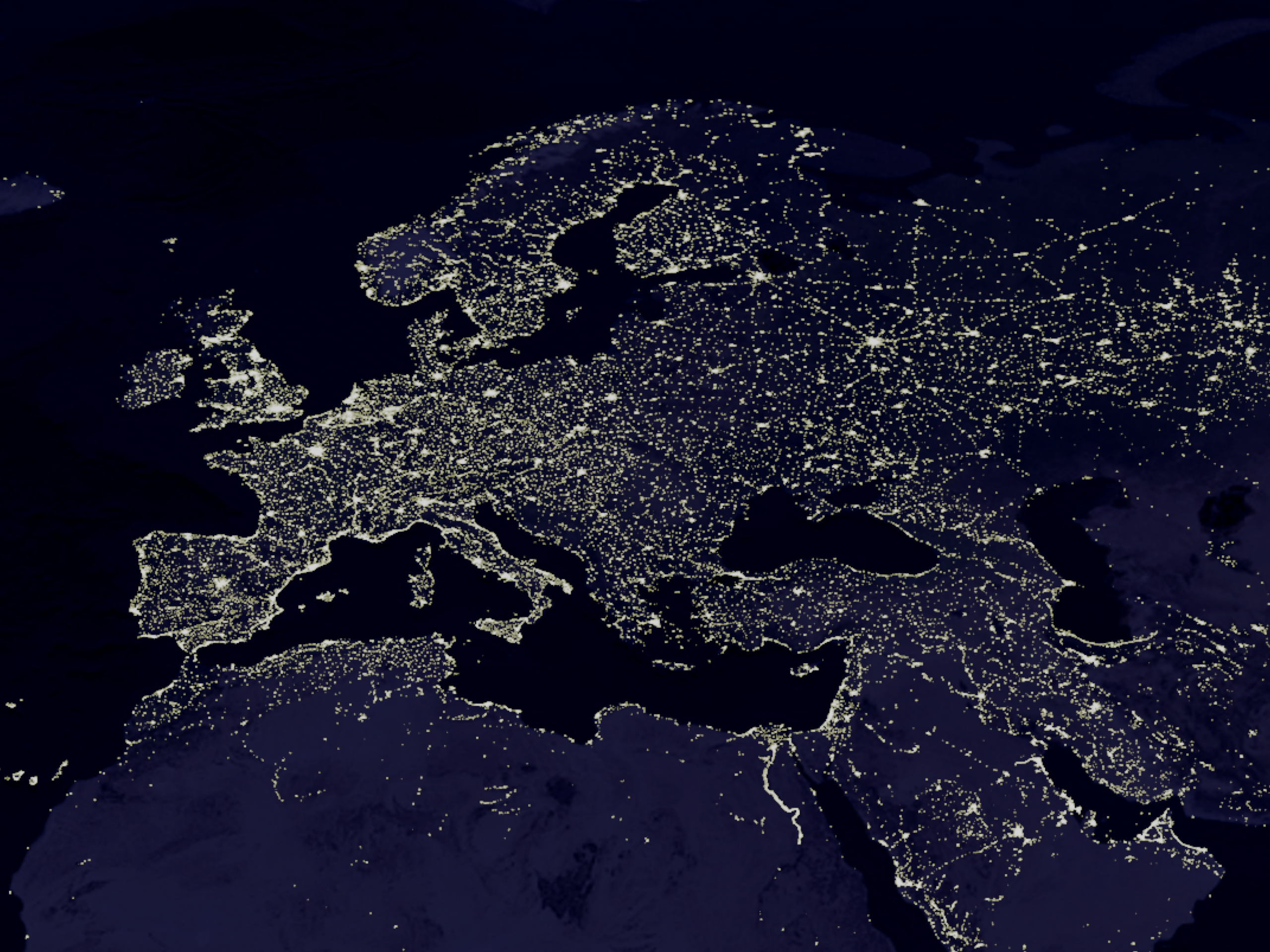TAMPA, Fla. — Europe must improve how it allocates capital for the space industry to avoid missing out on the fruits of rising early-stage investments, the head of Luxembourg-based private equity firm NewSpace Capital has warned.
Recently published research from the European Space Policy Institute (ESPI) shows Europe averaged 96 investment deals annually for space companies over the past three years, not too far behind the United States at 114 deals.
However, the United States also averaged 6.3 billion euros ($6.8 billion) in investments, driven by larger growth-stage funding rounds, compared with 1.4 billion euros for Europe.
More than 50% of venture capitalists surveyed by the European Investment Fund, which is part of the European Union’s lending arm, have also expressed a negative outlook on fundraising over the next 12 months.
While Europe’s fragmented market lends itself to emerging technological development amid numerous early grant programs, NewSpace Capital CEO Bogdan Gogulan said this diversity poses major obstacles for more mature ventures.
“It’s brilliant for innovation,” he said. “What it is really bad for is scaling.”
In comparison, the United States is a far larger market that benefits from a more cohesive regulatory framework — all in one language.
Although Europe has been stepping up support for early-stage ventures, Gogulan said these businesses are left lacking the growth capital needed to expand in the region.
“Basically Europe is becoming a victim of its own success,” he added.
Missing opportunities
According to Gogulan, European space companies have few options other than to look abroad to bridge the financial “valley of death” between technology development and commercial adoption.
Even NewSpace Capital, which has invested in Finnish Synthetic Aperture Radar operator Iceye and French satellite imagery analysis provider Kayrros, gets most of its funding from investors in the United States and the Middle East.
“We [Europe] are spending a lot of time, effort and energy on the most difficult part of the journey,” Gogulan continued, “and when everything is ripe to take advantage of it, we’re giving that away.”
He called on Europe’s largest financial asset managers and pension funds to allocate funding to the space industry.
NewSpace Capital is also in talks with the European Commission and regional investment banks to establish a funding stream specifically for growth-stage companies.
“It takes a village to raise a child,” Gogulan said. “We need 20 funds like ours.”

